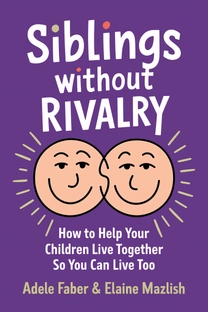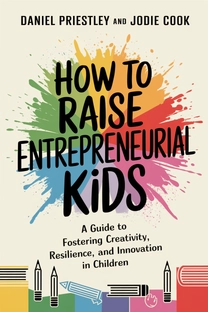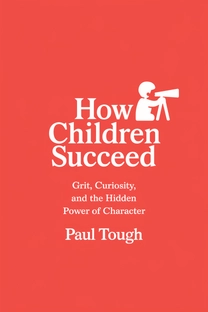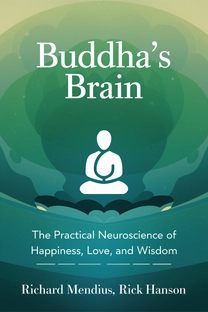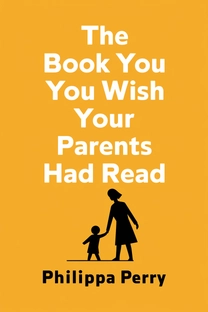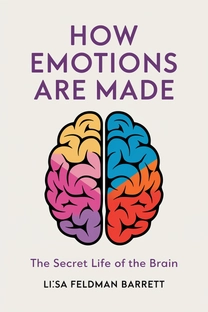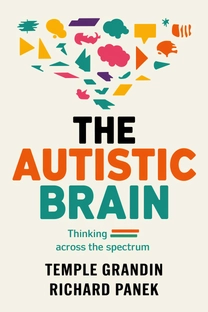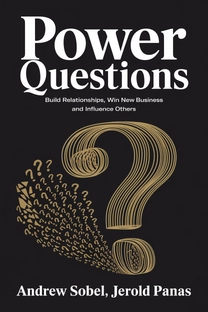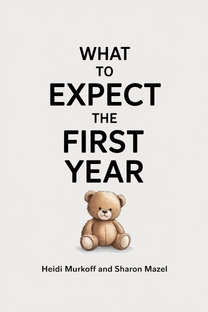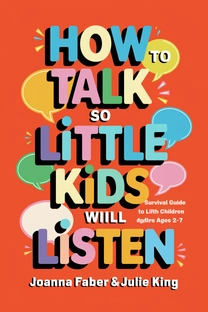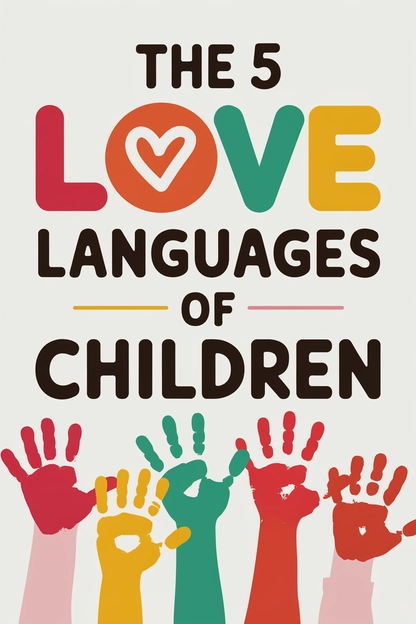
The 5 Love Languages of Children
by Gary Chapman, Ross Campbell
Brief overview
This book shows how to recognize and speak your child’s unique love language so they feel genuinely valued. It offers ways to fill their “emotional tank” through everyday gestures and proper discipline, while addressing challenges like anger and respect. By applying these ideas, you can build a more confident, resilient, and loving bond with your child.
Introduction
Think about how you knew your parents loved you. Possibly it was heartfelt compliments, shared activities, or a reassuring hug. This personal reflection sets the stage for discovering that children, too, have unique emotional preferences. When those preferences are fulfilled, they thrive.
In today’s busy world, it’s easy for a child’s core need—feeling genuinely loved—to get overlooked. Yet without sufficient affection, kids may act out, testing boundaries to confirm that you still care.
We’ll explore why being loved unconditionally provides children the security to grow responsibly. Their primary love language—whether it’s gentle hugs, encouraging words, or shared play—makes all the difference in boosting their well-being.
Why Love Is the Foundation
Kids naturally crave a full “love tank.” When it’s near empty, they may become distant, aggressive, or anxious. Consistent, unconditional care reassures them that they matter most, beyond achievements or shortcomings.
When a child’s love tank is regularly refilled, guiding them is far easier. They respond more calmly to correction and willingly respect boundaries. Real love isn’t about spoiling; it’s about firmly rooting them in a sense of belonging.
Sometimes, parents become frustrated by kids’ negative behaviors, forgetting these outbursts might signal an unmet love need. Once we realize this, we can address them with empathy and fill their tank before resorting to punishment.
What is The 5 Love Languages of Children about?
“The 5 Love Languages of Children” by Gary Chapman and Ross Campbell explores how every child experiences love in a unique way. By identifying and speaking their primary love language, you can fill their emotional tank and nurture deeper bonds. The authors demonstrate that using tailored methods—like thoughtful discipline, managing anger, and offering genuine reassurance—cultivates resilience and healthy growth.
Beyond simply identifying each child’s preferred form of affection, this book offers practical guidance on instilling respect and empathy. From physical touch and soothing words to shared experiences and acts of service, it highlights why unconditional love matters most. Readers gain a clear, compassionate roadmap that fosters both confidence and trust in the parent-child relationship.
Review of The 5 Love Languages of Children
Chapman and Campbell excel at illustrating how simple gestures, when matched to a child’s primary love language, can transform your everyday interactions. The authors balance anecdotes with actionable tips, making complex ideas feel accessible and relevant. Instead of piling on theory, they show concrete, real-life examples of nurturing children through consistent affection and structured boundaries.
This practical focus is one of the book’s strongest points. Readers learn how specific strategies—like empathetic listening or gentle discipline—support children in times of stress or conflict. The text stays warm and conversational, allowing parents and caregivers to follow along without feeling overwhelmed, and it resonates with those seeking family-focused solutions.
In many ways, “The 5 Love Languages of Children” succeeds by addressing both universal parenting challenges and individualized needs. It offers a reliable framework that feels easy to personalize, regardless of family structure. By the end, it’s clear this book is an excellent resource for anyone eager to enrich their child’s emotional well-being.
Who should read The 5 Love Languages of Children?
- Parents wanting practical ways to nurture their child’s emotional security
- Single parents looking for adaptive techniques in hectic or challenging situations
- Educators or caregivers who wish to better connect with children’s individual needs
- Therapists and counselors seeking additional insights to guide families toward healthy communication
About the author
Book summaries like The 5 Love Languages of Children
Why readers love Mindleap
10-Minute Book Insights
Get the core ideas from the world's best books in just 10 minutes of reading or listening.
Curated For You
Discover your next favorite book with personalized recommendations based on your interests.
AI Book ExpertNew
Chat with our AI to help find the best book for you and your goals.
Reviews of MindLeap
Love how I can get the key ideas from books in just 15 minutes! Perfect for my busy schedule and helps me decide which books to read in full.
Alex R.
The summaries are incredibly well-written and the audio feature is perfect for my commute. Such a time-saver!
Jessica M.
Great app for personal growth. The insights are clear and actionable, and I love how they capture the essence of each book.
Chris P.
The app is beautifully designed and the summaries are top-notch. Definitely worth every penny!
Sarah K.


